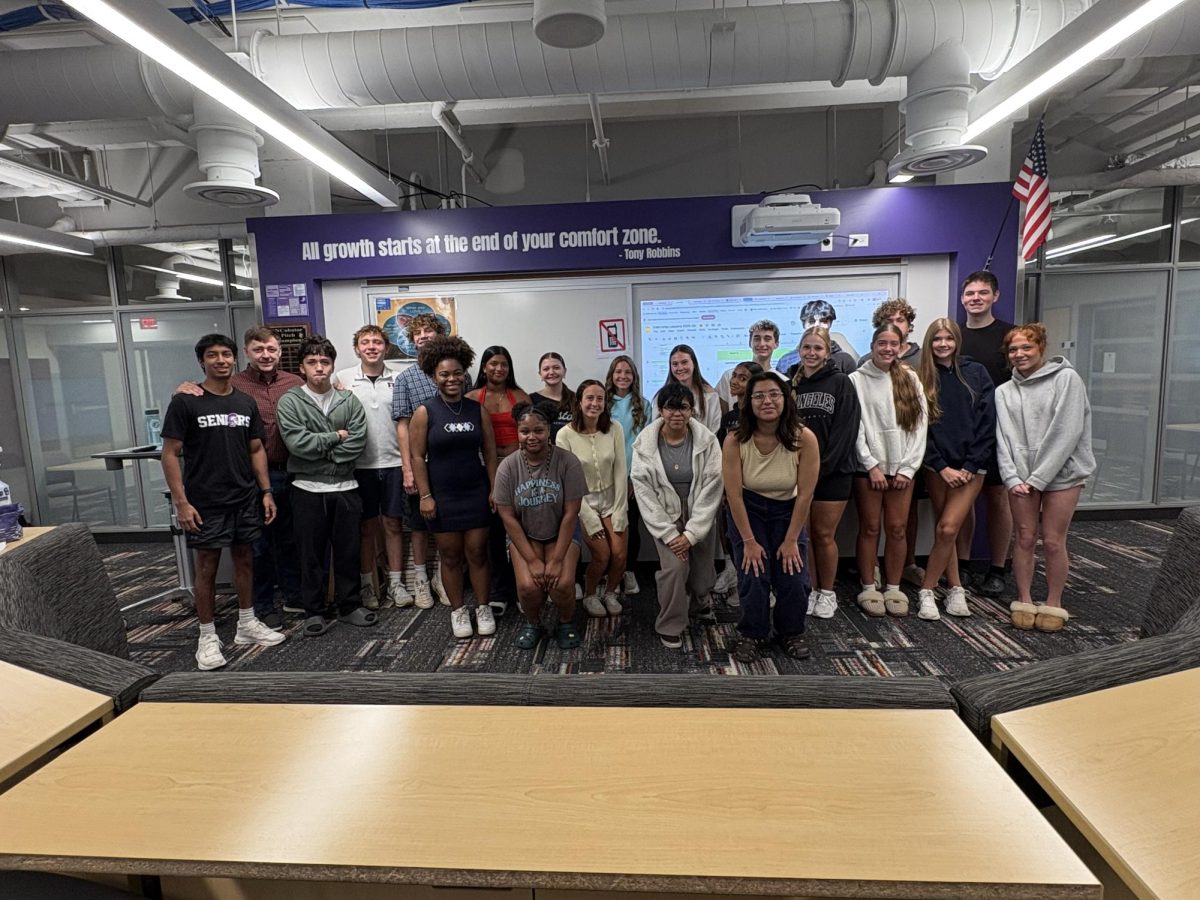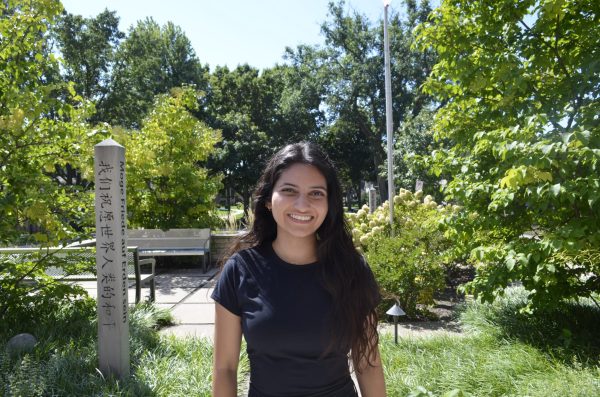Enrollment in DGN’s Internship Program has reached record highs this year, with over 100 students spread across four sections. Once a little-known elective, the class has quickly become one of the most sought-after courses in the school.
The internship class, taught by CTE department chairperson Brian Veit and internship coordinator Larry Baca, is designed as a career-exploration elective that combines in-school reflection with on-site workplace experience.
“Internship is a career exploration class that’s blended in format,” Baca said. “Students spend about four hours a week on-site at a local business, paired with their career interests. I reach out to a few hundred businesses each year, then help match students to placements where they can really grow.”
With businesses ranging from law firms to engineering companies, the class offers students a rare opportunity to learn outside the traditional classroom. The class doesn’t just give students work experience– it also challenges them to reflect on who they are and where they are headed.
“I think the goal is kind of three-fold,” Baca said. “First, it’s about fit, figuring out whether a field is really for you or not. Second, it’s about building your network, meeting people who can help you down the line. And third, it’s about resume experience, putting something meaningful on there that shows you’ve done real work.”
The program has roots in DGN’s traditional work-based learning curriculum, but it was rebranded during COVID to meet new student needs.
“Internship is really an extension of our work-based learning program,” Veit said. “Unlike CWT, you don’t have to be paid for it. Instead, it’s about getting 60 hours in a career field you want to explore. It gives kids a safe, low-risk way to test drive careers while still in high school.”
That “low-risk exploration,” as Veit calls it, has become especially appealing as students think about college applications and admissions. The benefits extend beyond career discovery.
“Success breeds success,” Baca said. “Kids keep talking, ‘The class was great. I met these people. I built my network. I solidified what I want to do.’ That momentum has just grown every year.”
That momentum is reinforced by growing college admissions pressure.
“Colleges are looking for experiences over maybe an additional AP class or an additional elective,” Veit said.
According to U.S. News, a 2020 study by American Student Assistance found that only 2% of high school students had completed internships. The College Board highlights how internships help students stand out among their peers. It shows admissions officers that students are dedicated enough to be getting a head start on the subject they plan to major in.
The payoff is clear: Students have landed part-time jobs, summer positions, and even college internships as a result of their placements.
“My favorite part is seeing where the internship takes kids,” Baca said. “Sometimes it turns into a job or a lifelong connection.”
However, the growth also brings challenges, particularly with scheduling. Most businesses close soon after school ends, leaving students little time to gain meaningful experience.
“Our school day ends at 3:20 p.m., and a lot of businesses are wrapping up by 4:00 or 5:00,” Baca said. “That window is really tight. Students are also overscheduled with APs, sports, jobs– it’s hard to balance.”
Scheduling isn’t the only obstacle. As the program grows, the demand for placements has skyrocketed, pushing coordinators to keep up with student interest.
“The other challenge is simply volume,” Veit said. “We’ve doubled enrollment in four years, and finding enough quality placements—especially in fields like finance or engineering—takes a lot of persistence.”
Still, Veit and Baca, believe the benefits outweigh the challenges. What’s happening at DGN reflects a larger national trend. A 2023 report from American Student Assistance found that 97% of high school students who completed internships said it clarified their career goals, while a study by Education & Employers showed students who explore careers early are more likely to succeed in college.
“This class puts students a decade ahead of their peers,” Baca said. “They leave with clarity, connections, and confidence. That’s what makes it so powerful.”



